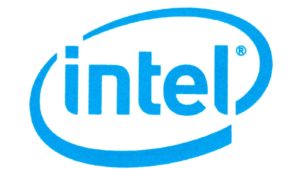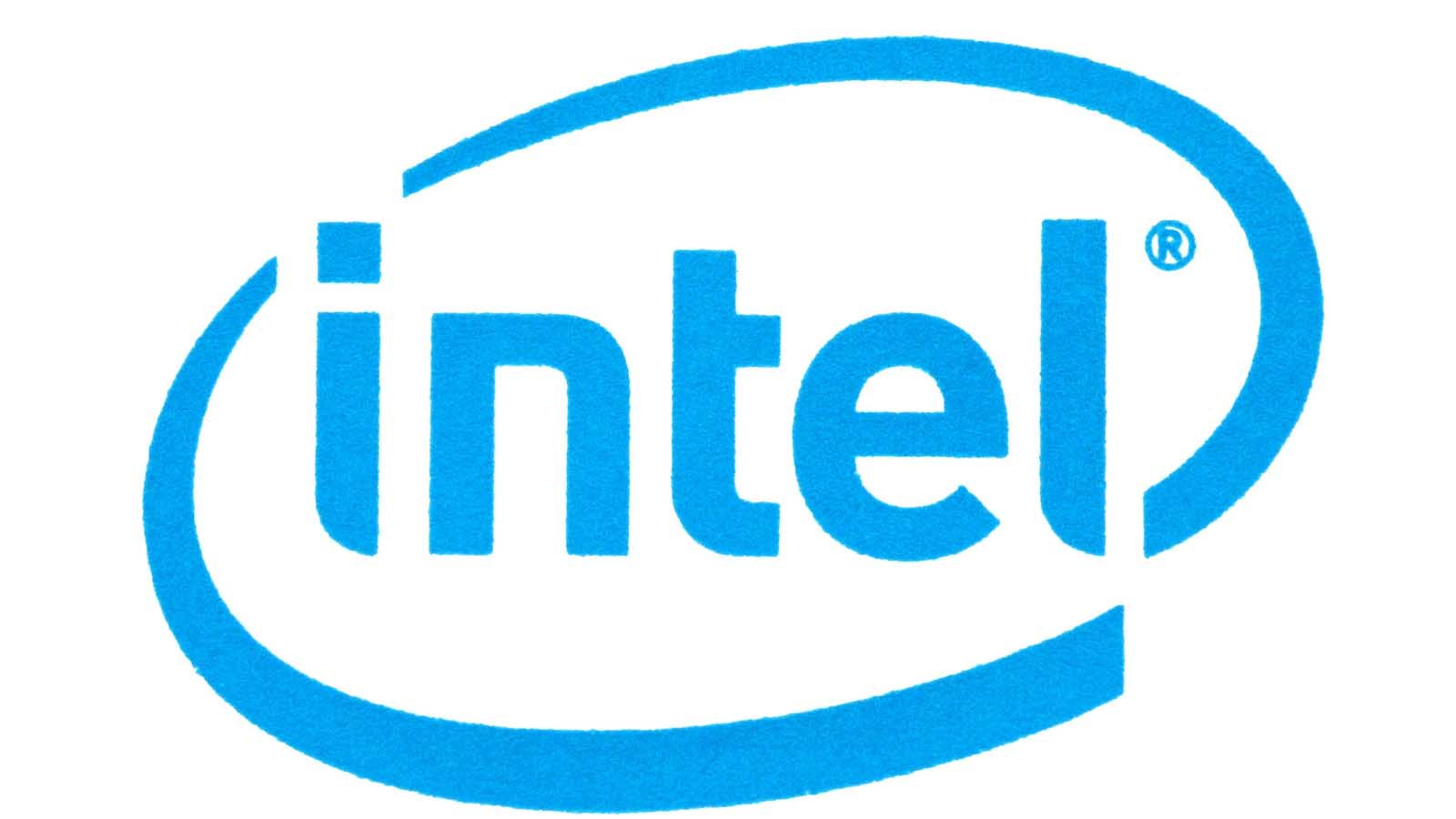It’s a booming market for most technology companies. However, some giants have gotten left behind. Intel (NASDAQ:INTC) is a fascinating case, as the market’s sentiment has turned harshly negative for Intel stock even though the company’s operating results are strong.

Since 2017, for example, Intel’s stock has risen from $33 to $50, making for a 50% gain. That’s a good outcome, right? Yet, bizarrely enough, Intel’s price-earnings ratio has gone down and sentiment has gotten worse for the company over this stretch. Back in 2017, Intel sold for 12-13x earnings. Now, it is down to a 9x P/E ratio.
Intel’s Improving Earnings
Back in 2017, Intel was earning around $2 per share per year in profits. And that had been relatively stable in prior years as well. Since then, however, earnings growth has exploded, with the company pulling in more than $5 per share in earnings last year. That’s 150% growth in a short period of time.
To be fair, Intel did receive a benefit from the corporate tax cut. That’s very real in the sense that it gives the company more profits with which to pay dividends and buy back stock, however it doesn’t reflect improvement in the structural quality of the business.
That said, earnings are up more than 150%; obviously that’s not just tax cuts. Since 2016, Intel’s revenues are up from $59 billion to $72 billion. That’s healthy growth. And management’s pre-Covid guidance saw this climbing to $85 billion annually over the next few years. The idea that Intel is totally stalled out simply isn’t accurate. What’s true is that the CPU business has minimal growth prospects.
However, Intel has diversified well-beyond its most famous operations. Going forward, automotive chips and services (the old Mobileye business) along with nonvolatile memory, programmable solutions, and more can add large chunks of incremental revenue for Intel stock.
AMD Fears Are Overblown
So, if the company’s results are surging, why is sentiment getting worse? That comes back to CPUs. Intel has suffered a litany of product delays and underwhelming product launches.
Admittedly, Advanced Micro Devices (NASDAQ:AMD) has taken some share from Intel over the past two years. However, I suspect investors have gotten confused about the magnitude of the change.
When you actually look at the numbers, AMD’s revenues are merely up 25% since 2010 (flat after inflation) and the company is barely profitable even now. AMD has shown strong growth since 2016. However, AMD has catastrophically failed every other time it seemed to get a little operating momentum in the past. AMD is a low-quality cyclical business, not a steady grower.
AMD was in danger of going bankrupt in 2016. Now, supposedly, they’re going to get the best of Intel though they’re barely profitable even with the largest tech lead they’ve had on Intel in several generations of products. That doesn’t pass the smell test.
Competition In Focus
If anything, Intel’s bigger problem is Nvidia (NASDAQ:NVDA). Nvidia, while having a far smaller research & development budget than Intel, still has twice as much as AMD. Here is 2019 R&D spend by company:
- Intel: $13.4 billion
- Nvidia: $2.8 billion
- AMD: $1.5 billion
Nvidia’s specialized AI-driven chips could take a lot of high-end business from Intel in coming years. Nvidia also has cutting-edge technology in areas such as automotive where Intel also competes. AMD, by contrast, doesn’t have the budget or balance sheet to seriously compete outside of a few niches.
AMD is earning a 42% gross margin compared to Intel’s 60%, losing some lower-margin business to them for a few years while Intel’s R&D catches back up isn’t the end of the world. Nvidia stealing share, however, is a bigger issue. Regardless, the tech battle will take years to play out, and is far from certain who will win at this point.
Amazing Value
What we do know is that Intel stock looks astonishingly cheap for a company that is still growing at a healthy rate. Not many times will you see a company with a 9x P/E ratio that has grown earnings 150% in recent years. Investors are also paying just 3x sales and 7x EV/EBITDA, which is incredibly cheap for a tech company.
Competition is a threat. However, Intel has survived countless technological threats over the past 25 years. I’m not prepared to write it and its $13 billion a year of research and development spend off immediately. The risk is there though. In other words, I get why the stock is cheap now, but the odds nonetheless favor the bulls.
INTC Stock Verdict
If Intel bounces back and reasserts its usual technological leadership, Intel stock will be a massive winner from here. And if it doesn’t, Intel is likely to not lose too much value, at least not in the near-term. If you buy a stable cash cow sort of operation that is slowly losing steam, it tends to at least tread water for long periods of time.
Look at the performance of lumbering tech giants like Oracle (NASDAQ:ORCL) and Cisco (NASDAQ:CSCO). They haven’t lit it up with splendid returns, but it’s hard to lose capital on a permanent basis there unless things rapidly turn for the worse.
Meanwhile, occasionally the slow-moving tech companies write a second chapter to their growth story. Microsoft (NASDAQ:MSFT), for example, was a value trap from 2005 through about 2012, left for dead at 10x earnings as its revenues stagnated. Then you had the transition to subscription revenues and the cloud business, and the rest is history.
Intel is trading at 9x earnings now and management itself sees at least 5% to 7% growth in future years. Merely achieving that would deliver tremendous returns. And if Intel’s side ventures, such as automotive really succeed, the sky is the limit.
To be fair, there’s a world where Nvidia and AMD eat into Intel’s businesses and profits are flat going forward (a massive drop-off from the rapid growth of recent years). Even so, investors aren’t likely to lose much money off this starting valuation. Modest risk, and potentially large upside off a blue-chip holding. Intel stock is still a buy.
On the date of publication, Ian Bezek held a long position in INTC stock.
Ian Bezek has written more than 1,000 articles for InvestorPlace.com and Seeking Alpha. He also worked as a Junior Analyst for Kerrisdale Capital, a $300 million New York City-based hedge fund. You can reach him on Twitter at @irbezek.
